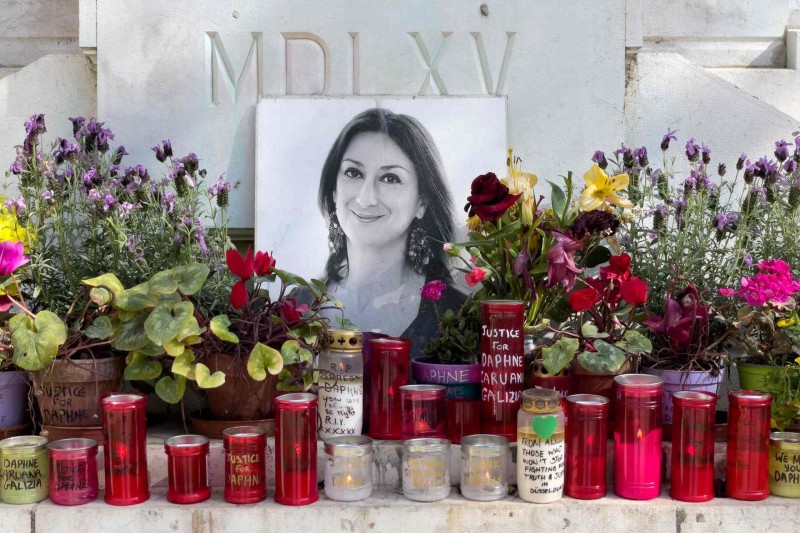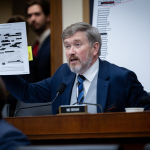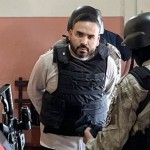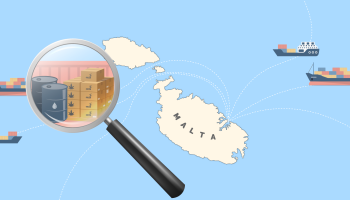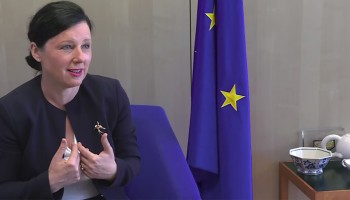The long-delayed case is sure to be closely watched across the Mediterranean nation — and beyond.
The brutal crime stunned Caruana Galizia’s readers and supporters, who took to the streets of Malta in grief and anger. The shockwaves reverberated across Europe, with top officials, media freedom groups, and journalists contending that the journalist was killed in connection with her reporting. The same conclusion was reached by an independent public inquiry into her death.
In her acerbic blog, which enjoyed a large readership, Caruana Galizia reported on alleged corruption by top Maltese politicians and businessmen. One of her subjects, businessman Yorgen Fenech, has been charged with masterminding her killing. He denies the accusation; his trial has not yet begun.
The trial of the two alleged hit men, Alfred and George Degiorgio, is “a key moment in the fight for justice,” says Rebecca Vincent of Reporters Without Borders, a press freedom organization that has been following the case. “Finally, five years on, we have the start of the first formal criminal trial against anyone involved.”
The Degiorgio brothers were arrested two months after the murder in December 2017, in a dramatic raid at the port of Valletta, where they had established a hide-out. They have been in custody since.
Though George Degiorgio confessed to the crime to Reuters in an interview for a podcast, both brothers are pleading not guilty in court and have waged a fierce legal battle to prevent their trial from going ahead. Their campaign has included requesting presidential pardons and filing multiple constitutional objections on fair trial grounds.
Due to begin at last on October 4, the trial was postponed again after Alfred Degiorgio, who had declared a hunger strike, failed to turn up, claiming he was in no condition to attend.
The judge considered the situation to be self-imposed and found him in contempt of court, according to Vincent of Reporters Without Borders, who was in the courtroom that day.
“Then he had a miraculous recovery,” she said, “and two days later he was in court for his own constitutional case.”
In that case, the brothers’ most recent attempt to delay the trial, they argued that the departure of their longtime lawyer made it impossible for them to adequately prepare their defense. Malta’s Constitutional court disagreed, clearing the way for the trial to begin today.
“Daphne’s case matters far beyond Malta,” says Vincent. “Any time impunity is allowed to prevail for the murder of a journalist, it leaves the door open to further such attacks. Likewise, anytime we see justice, that sends a signal that impunity will not be tolerated and helps protect others.”
At the time of her death, Caruana Galizia was collaborating with the International Consortium of Investigative Journalists on investigations sourced from the Panama Papers. OCCRP was among the many organizations that took part in that project.
